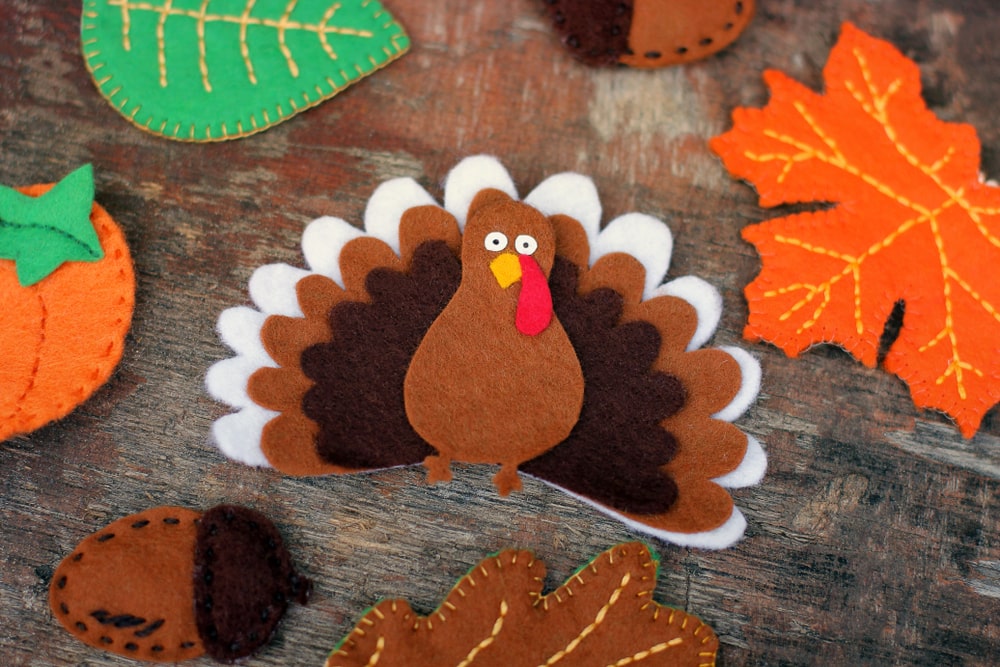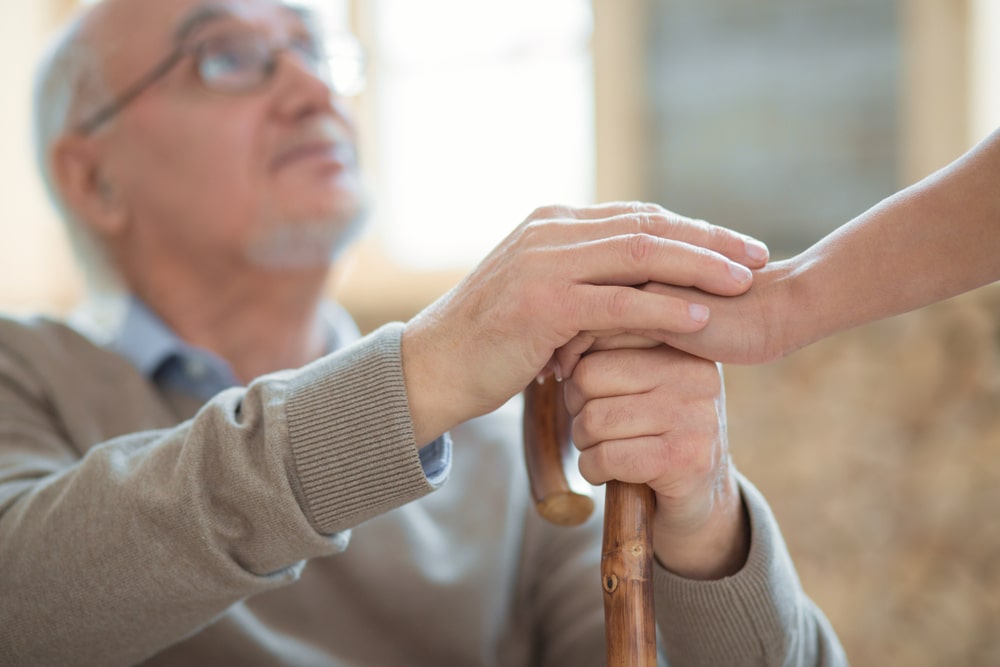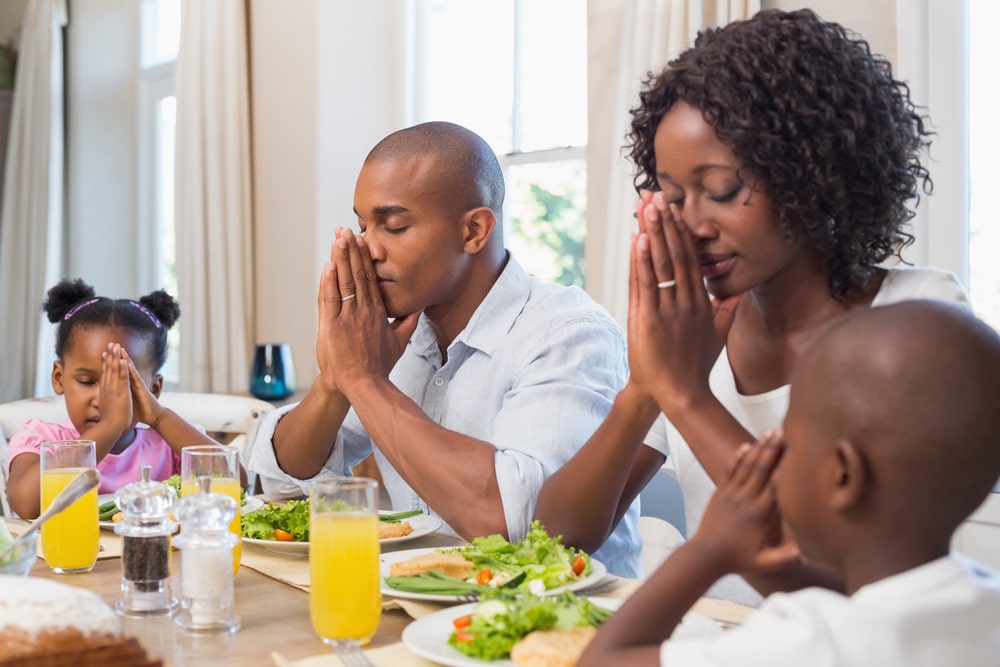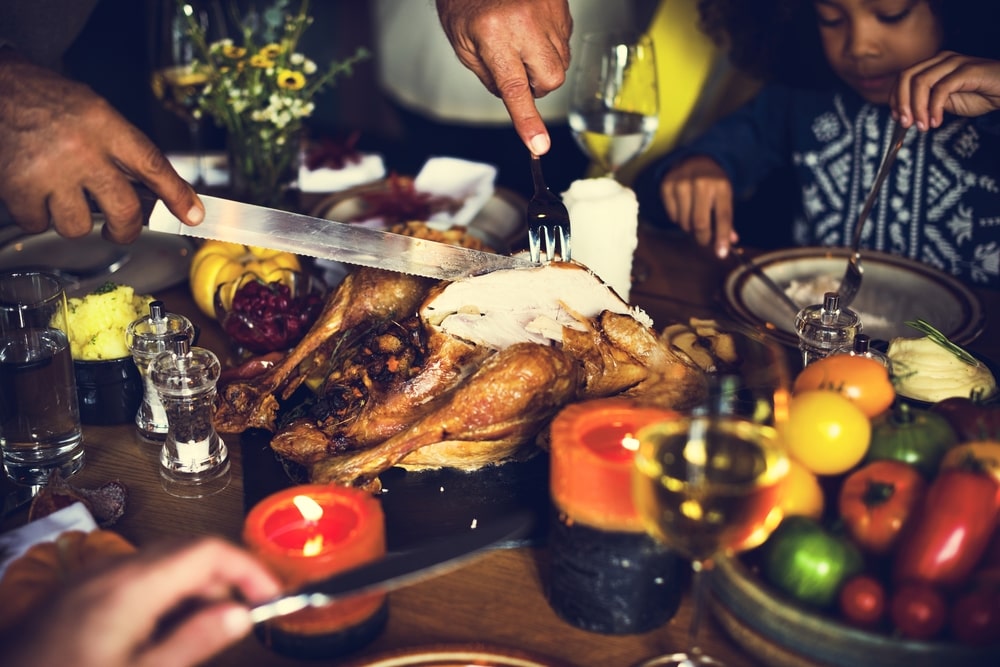
Grief can be exhausting – mentally, physically, and emotionally. And holidays like Thanksgiving bring their share of stresses, especially during times of grief when it’s a battle to do the normal everyday tasks. So, what can you do this Thanksgiving to decrease your stress while you’re in a season of grief?
Before we move into 7 ways to decrease your stress, remember that whatever you’re feeling is normal. You’ve lost someone you love, and it’s hard. You may feel a wide range of emotions, including sadness, shock, denial, guilt, anger, or even relief. All you need to focus on is taking care of yourself this Thanksgiving so that you have the energy you need to process what you’re feeling and move toward healing.
7 Ways to Decrease Thanksgiving Stress
Your feelings may tell you to skip Thanksgiving altogether, but before you make any big decisions, take some time to evaluate what changes you can make to reduce your stress while also participating in group or family activities.
Here are a few tips for reducing your Thanksgiving stress:
1. Simplify the Day

You may normally go big with your Thanksgiving meal and decorations, but this year, give yourself permission to take it easy. With a few adjustments, you can take a task or event from stressful to simple. For example, you could do a potluck so that the cooking is spread out amongst the group. Or you could order a ready-made dinner with all the trimmings from a local restaurant. You could also minimize the home or table decorations and opt for store-bought desserts this year. With just a few small tweaks, you can greatly decrease your to-do list and your stress.
2. Don’t Be Afraid to Say “No”

Thanksgiving and the fall season come with many possible events, get-togethers, recitals, concerts, family gatherings, and more. You may not have the energy to go to everything, and that’s okay. Choose the most important events and pass on the rest.
As you prioritize events, make sure to talk to your family about your plans so they know when to expect you and when not to. This way, they can let you know what’s important for them – maybe a child’s recital – and you can plan ahead for the events you will attend. Plus, communicating your plans to family and taking their requests into account will help soothe any ruffled feathers and keep things relaxed.
3. Let Others Help You

If you’re like many of us, you learned early that it’s good to be independent and self-reliant. And while these two things are not inherently bad, we can sometimes take them a little too far, refusing help when we actually need it. So, this Thanksgiving, don’t be afraid to accept a little help. Let people support you through this time of grief. Accept casseroles, offers to do yardwork or run errands, and assistance with household chores. It will only make things less stressful and easier for you.
4. Take Time Out for Yourself

Grief takes a toll on us, and it’s important to find ways to take care of ourselves. That means getting enough sleep, eating healthy foods, pampering yourself every so often, and not overdoing it. At Thanksgiving, self-care may be splurging on your current pumpkin spice obsession, going for walks in the cool air, or simply spending quiet time alone to journal, meditate, listen to music, or cuddle with your pet. No matter what it is that helps you relax and feel cared for, take time to do that this Thanksgiving.
5. Share What’s On Your Mind

You may be tempted to push down your feelings and power through Thanksgiving week, but try to resist the temptation. Instead, build in opportunities for reflection and make time to express yourself. This could mean painting, talking with friends or family, or attending a grief support group or a remembrance service. There will be times when your grief shows up unexpectedly, and that’s okay. People will understand if you’re teary. But by intentionally taking time to address your emotions, you can better process what you’re feeling in your own time and on your own terms.
6. Find Meaningful Ways to Honor Your Loved One

This Thanksgiving, you’re missing someone special. Rather than ignoring their absence, consider finding a special way to honor their memory. Avoiding the elephant in the room – your grief and loss – may lead to feelings of stress. By openly honoring a loved one, you will have the freedom to include your loved one’s memory in the festivities without reservation.
Here are a few ideas to get you started:
- Save a seat for them at the table
- Create a remembrance item
- Serve their favorite dish
- Pull out the family photos and reminisce
- Visit the graveside and leave a bouquet or memento
- Continue one of their favorite traditions or incorporate a new one in their honor
While remembering your loved one may bring moments of sadness, there will be joy in finding ways to make them a special part of the day.
7. Allow Things to Be Different This Year
If you’re someone who wants everything just-so, one big way to reduce your Thanksgiving stress is to let things be different this year. Let go of the need for a perfectly decorated dining table, perfectly curated activities, or the perfectly prepared meal. Give yourself a little grace and some room to breathe. Thanksgiving is different this year; it’s harder. Do what you can to keep things simple.

Now, it’s important to acknowledge that no two people are alike. Some of these suggestions will resonate with you and some won’t. That’s just fine. If having the perfectly trimmed Thanksgiving dinner helps you relax, then go all out. If baking those 15 pies provides a release of tension, do it. You know yourself best, so implement the ideas that work best for who you are.
Just remember – it’s okay to let yourself feel however you feel this Thanksgiving. You don’t have to force yourself to be cheerful, and you don’t have to stop yourself from feeling happy if you enjoy the day. It doesn’t mean that you don’t love or miss the person who is gone; it means that you are human. We are complex beings, and our lives are filled with moments of joy mixed with moments of grief, sometimes both at once! Take time on Thanksgiving to step back, take care of yourself, and enjoy time with the people you love the most. If you do, you will create sweet memories to cherish in the years to come.






















